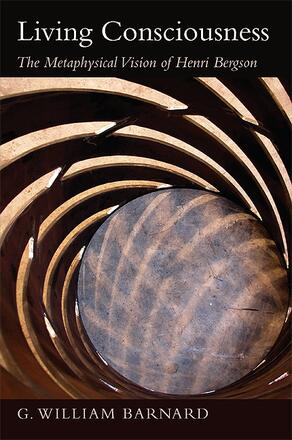
Living Consciousness
The Metaphysical Vision of Henri Bergson
Alternative formats available from:
Explores the thought of Henri Bergson, highlighting his compelling theories on the nature of consciousness and its relationship to the physical world.
Description
Winner of the 2012 Godbey Authors' Awards presented by the Godbey Lecture Series in Southern Methodist University's Dedman College of Humanities and Sciences
Living Consciousness examines the brilliant, but now largely ignored, insights of French philosopher Henri Bergson (1859–1941). Presenting a detailed and accessible analysis of Bergson's thought, G. William Barnard highlights how Bergson's understanding of the nature of consciousness and, in particular, its relationship to the physical world remain strikingly relevant to numerous contemporary fields. These range from quantum physics and process thought to philosophy of mind, depth psychology, transpersonal theory, and religious studies. Bergson's notion of consciousness as a ceaselessly dynamic, inherently temporal substance of reality itself provides a vision that can function as a persuasive alternative to mechanistic and reductionistic understandings of consciousness and reality. Throughout the work, Barnard offers "ruminations" or neo-Bergsonian responses to a series of vitally important questions such as: What does it mean to live consciously, authentically, and attuned to our inner depths? Is there a philosophically sophisticated way to claim that the survival of consciousness after physical death is not only possible but likely?
G. William Barnard is Associate Professor of Religious Studies at Southern Methodist University. He is the author of Exploring Unseen Worlds: William James and the Philosophy of Mysticism, also published by SUNY Press, and coeditor (with Jeffrey J. Kripal) of Crossing Boundaries: Essays on the Ethical Status of Mysticism.
Reviews
"…Barnard has given us a highly readable tour of Henri Bergson's (1859–1941) thought on consciousness, using it as a pivot point to unfold other major dimensions of his work as well. The book is a welcome addition to the sparse literature on Bergson's heritage presently available to a broad English-speaking readership. " — Journal of Consciousness Studies
"…Barnard offers an interesting and relatively accessible foray into Bergson's works. " — CHOICE